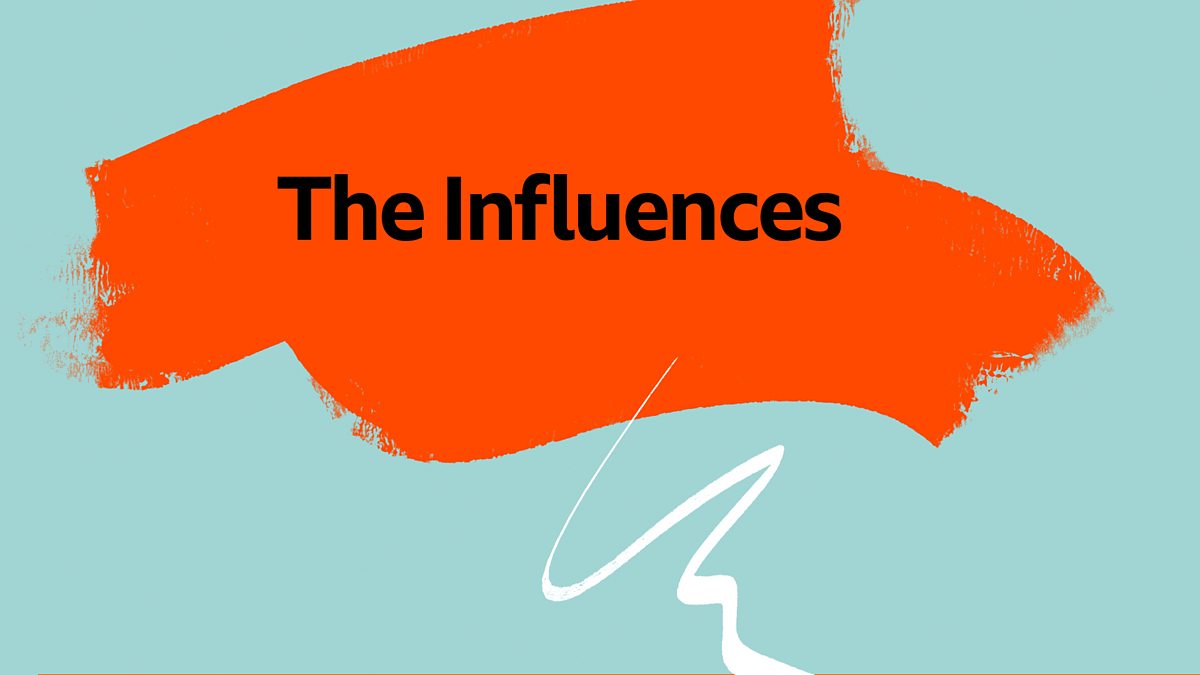Ukraine crisis

Below are a few links to websites you may find useful to use when talking to your children about the crisis in Ukraine.
Invasion of Ukraine - wellbeing resources for parents - BBC Bitesize Parents' Toolkit - BBC Bitesize
Keeping Children safe
Throughout the school, in lots of different ways we, take a whole school approach to keeping children safe. This includes providing training for staff, providing children with a relationships and sex curriculum that includes consent and healthy relationships, making sure staff are vigilant to what is happening in the school, that they challenge any harmful behaviour, that it is easy for children to report any concerns, that they are keeping careful records, and making sure they respond appropriately to any incidents including the use of sanctions and interventions to challenge and change behaviour.
There are ways in which you can help at home to support our work in school. Take a look below:
*Talk to your child*
This can feel very challenging for those of us who were not brought up in homes where sexual behaviour and relationships were discussed, but if you don’t talk to your child about relationships, sex and touch, they will get their information from somewhere else (probably social media or friends). Never underestimate what they are hearing or experiencing – this starts at a young age. Talk about the importance of valuing and respecting your body and the bodies of others, of personal space and what consent means (e.g. asking before you touch someone). You know your child best – so as they grow older and develop, help them understand changes in their body and what a healthy and positive relationship looks and feels like. If you have a disabled child or a child with additional needs it is vital that you communicate with them about sexual behaviour as research shows they are at greater risk of sexual harm and potentially of engaging in harmful sexual behaviour.

Challenge your child if they use language that is sexist, homophobic or transphobic or express attitudes towards other children that are not respectful
Explain the harm this can cause and how this creates an environment where other children do not feel safe.
Keep communication open so your child knows they can ask you anything. Expect the weird and sometimes shocking, try as best as you can to stay calm, and if you have worries about what they have shared, know when to get help.
*Be hyper aware of the online world*
Talk to your child about the importance of keeping information, photos and videos private, but equally of not sharing anything private of other people, and leaving chats or groups where that type of behaviour is taking place.

*Know when to get help*
Schools have a legal duty to keep children safe from all forms of bullying and harm. If you are concerned about behaviour at our school, or the safety of your child or another pupil in school, we will take it seriously.

*Remember your child is influenced by their environment*
Children are shaped by those around them, their family and friends, and the community and society in which they are growing up
Be mindful of your own language, thoughts, actions and relationships and what they communicate to your child.

*Challenge family and friends who say or do things around your child that are sexist or harmful to others or give the wrong impression of what a good relationship looks like*
Help your child to be critical of what they read, hear, or see – particularly on social media, and help them see the value in healthy, positive relationships that build confidence, promote mutual pleasure and support, and give them the love and fulfilment they deserve.
Updates and Support Agencies
Please find below links and contact details for many of our local support agencies. In difficult times like those we find ourselves in, we may need to reach out for support for many reasons. Remember you are not alone and there is always someone there at the end of a phone, email or face to face to talk or signpost you to other agencies.
Derbyshire Health Care Foundation Trust has information on recovery from mental health issues and wellbeing which you can access by pressing the link below:












Ukraine crisis

Below are a few links to websites you may find useful to use when talking to your children about the crisis in Ukraine.
Invasion of Ukraine - wellbeing resources for parents - BBC Bitesize Parents' Toolkit - BBC Bitesize
Keeping Children safe
Throughout the school, in lots of different ways we, take a whole school approach to keeping children safe. This includes providing training for staff, providing children with a relationships and sex curriculum that includes consent and healthy relationships, making sure staff are vigilant to what is happening in the school, that they challenge any harmful behaviour, that it is easy for children to report any concerns, that they are keeping careful records, and making sure they respond appropriately to any incidents including the use of sanctions and interventions to challenge and change behaviour.
There are ways in which you can help at home to support our work in school. Take a look below:
*Talk to your child*
This can feel very challenging for those of us who were not brought up in homes where sexual behaviour and relationships were discussed, but if you don’t talk to your child about relationships, sex and touch, they will get their information from somewhere else (probably social media or friends). Never underestimate what they are hearing or experiencing – this starts at a young age. Talk about the importance of valuing and respecting your body and the bodies of others, of personal space and what consent means (e.g. asking before you touch someone). You know your child best – so as they grow older and develop, help them understand changes in their body and what a healthy and positive relationship looks and feels like. If you have a disabled child or a child with additional needs it is vital that you communicate with them about sexual behaviour as research shows they are at greater risk of sexual harm and potentially of engaging in harmful sexual behaviour.

Challenge your child if they use language that is sexist, homophobic or transphobic or express attitudes towards other children that are not respectful
Explain the harm this can cause and how this creates an environment where other children do not feel safe.
Keep communication open so your child knows they can ask you anything. Expect the weird and sometimes shocking, try as best as you can to stay calm, and if you have worries about what they have shared, know when to get help.
*Be hyper aware of the online world*
Talk to your child about the importance of keeping information, photos and videos private, but equally of not sharing anything private of other people, and leaving chats or groups where that type of behaviour is taking place.

*Know when to get help*
Schools have a legal duty to keep children safe from all forms of bullying and harm. If you are concerned about behaviour at our school, or the safety of your child or another pupil in school, we will take it seriously.

*Remember your child is influenced by their environment*
Children are shaped by those around them, their family and friends, and the community and society in which they are growing up
Be mindful of your own language, thoughts, actions and relationships and what they communicate to your child.

*Challenge family and friends who say or do things around your child that are sexist or harmful to others or give the wrong impression of what a good relationship looks like*
Help your child to be critical of what they read, hear, or see – particularly on social media, and help them see the value in healthy, positive relationships that build confidence, promote mutual pleasure and support, and give them the love and fulfilment they deserve.
Updates and Support Agencies
Please find below links and contact details for many of our local support agencies. In difficult times like those we find ourselves in, we may need to reach out for support for many reasons. Remember you are not alone and there is always someone there at the end of a phone, email or face to face to talk or signpost you to other agencies.
Derbyshire Health Care Foundation Trust has information on recovery from mental health issues and wellbeing which you can access by pressing the link below:












